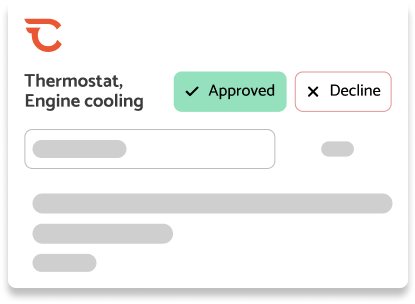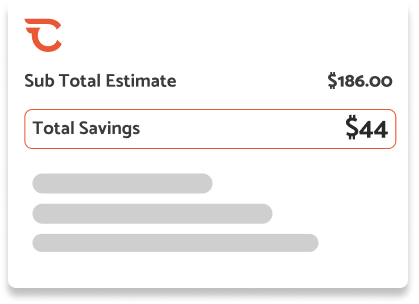Ignition timing is the process of adjusting certain electrical components on your engine to synchronize the distribution of electricity used to energize the spark plugs and facilitate combustion across multiple cylinders.
In order for your engine to start and run, a mixture of air and fuel are introduced into the cylinders, compressed by the pistons, and ignited by the spark plugs. The timing of the ignition in each cylinder is important in order to ensure maximum power and efficiency. Combustion in each cylinder must also be synchronized with all of the other cylinders.
Modern vehicles rely on a computer that tells individual coil packs (devices that increase the voltage to the spark plugs) placed on each spark plug when to fire. But older vehicles featured a device known as a distributor that “distributed” electrical current to each spark plug at the right time.
These distributors are adjustable so that a spark plug will ignite the compressed air and fuel at a specific time when the piston is in the right position, usually a few degrees before it reaches “top dead center”, or TDC.
In order for your engine to run, a mixture of air and fuel are introduced into the cylinders, compressed by the pistons, and ignited by the spark plugs. The rapidly-expanding gasses that result from combustion force the pistons downward in their cylinders. The pistons, in turn, rotate the crankshaft in the same way that you might pedal a bicycle. But these operations do not happen all at once. Each spark plug must fire at a specific time in succession so that the pistons move at just the right time.
If a spark plug causes combustion too soon or too late, engine damage can occur. In some cases, small changes to advance the timing (move it ahead to create more horsepower) or retard the timing (move it later to reduce knocking or compensate for a turbocharger, for example) might be made. But in most cases, a technician will set the ignition timing to the vehicle manufacturer’s recommendation.












